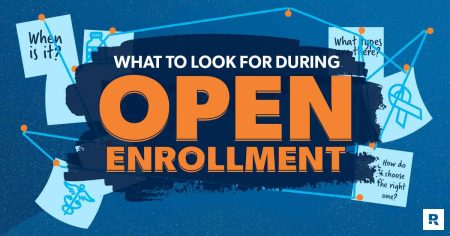Managing your financial responsibilities can often seem overwhelming, impossible, and stressful. However, with thoughtful planning and a strategic approach, you can effectively prioritize and manage your finances, ensuring a secure and stable future. Let’s go over essential tips and innovative strategies to take control of your financial well-being.
Understanding Your Financial Landscape
The first step in managing your financial responsibilities is gaining a clear understanding of your financial landscape. Begin by listing all your sources of income and categorizing your expenses. This will give you a comprehensive view of where your money comes from and where it goes. It’s crucial to differentiate between needs and wants, as this will help you identify areas where you can cut back if necessary.
Setting Financial Goals
Setting clear, achievable financial goals is a cornerstone of effective financial management. Your goals should be specific, measurable, attainable, relevant, and time-bound (SMART). For example, instead of setting a vague goal like “save more money,” aim for something specific like “save $6,000 for an emergency fund in one year.” Having well-defined goals provides direction and motivation, making it easier to prioritize your financial responsibilities.
Creating a Budget
A budget is an indispensable tool in managing your finances. It helps you track your income and expenses, ensuring that you live within your means. Start by listing your monthly income, followed by your fixed expenses such as rent, utilities, and loan payments. Then, allocate funds for variable expenses like groceries, entertainment, and dining out. Be sure to include a category for savings and emergency funds. Regularly reviewing and adjusting your budget will help you stay on track and make informed financial decisions. Remember, your budget will fluctuate like your life will, nothing stays the same.
Prioritizing Debt Repayment
Debt can be a significant burden on your financial health, so it’s essential to prioritize repayment. Begin by listing all your debts, including credit cards, student loans, and mortgages. You could try the avalanche debt method where you focus on paying off high-interest debt first, as it can quickly spiral out of control. Another method, the snowball method, is where you pay off the smallest debts first. It can be effective by providing a psychological boost as you see debts disappear. Whichever method you choose, consistency is key to becoming debt-free.
Building an Emergency Fund
An emergency fund acts as a financial safety net, protecting you from unexpected expenses such as medical emergencies or car repairs. Aim to save at least three to six months’ worth of living expenses in a separate, easily accessible account. Building an emergency fund should be a priority, as it provides peace of mind and financial stability.
Investing for the Future
Investing is a powerful way to grow your wealth and secure your financial future. Start by educating yourself about different investment options such as stocks, bonds, mutual funds, and real estate. Consider your risk tolerance and financial goals when choosing investments. If you’re unsure where to start, consulting a financial advisor can provide valuable guidance.
Automating Your Finances
Automation can simplify financial management and ensure you stay on top of your responsibilities. Set up automatic transfers to your savings and investment accounts, and schedule automatic bill payments to avoid late fees. Automation reduces the risk of human error and ensures that your financial goals are consistently met.
Monitoring and Adjusting Your Plan
Financial management is not a set-it-and-forget-it task. Regularly monitoring your financial plan and making necessary adjustments is crucial. Life won’t always stay the same circumstances change, and your financial plan should be flexible enough to adapt. Review your budget, savings, and investments periodically to ensure they align with your current goals and situation.
Seeking Professional Advice
Sometimes, managing finances can be overwhelming, and seeking professional advice can be incredibly beneficial. Financial advisors can provide personalized guidance based on your unique situation, helping you navigate complex financial decisions. They can also offer insights into tax planning, retirement savings, debt payment plans, and investment strategies. Consider reaching out to a non-profit American Consumer Credit Counseling.
Conclusion
Prioritizing and managing your financial responsibilities requires a combination of planning, discipline, and informed decision-making. By understanding your financial landscape, setting clear goals, creating a budget, prioritizing debt repayment, building an emergency fund, investing wisely, automating your finances, and seeking professional advice when needed, you can take control of your financial future. Remember, financial management is a journey, and with patience and perseverance, you can achieve long-term financial stability and peace of mind.
If you are struggling to pay off debt, ACCC may be able to help. Sign up for a free credit counseling session with us today.
Read the full article here










